Attending and chairing the conference was Ms. Do Phuong Dung - Deputy Director of the Department of Industrial Safety Techniques and Environment, Ministry of Industry and Trade ; also attending were experts, leaders representing the following corporations: Electricity (EVN), Industry - Coal and Minerals (TKV), Chemicals (Vinachem), National Energy Industry (Petrovietnam); Vietnam National Petroleum Group (Petrolimex) and nearly 60 enterprises in the Industry and Trade sector.
Enterprises in the industry and trade sector strive to green production
The workshop was held in the context that Vietnam is promoting energy transition, circular economy and sustainable development, the completion of environmental protection policies in the field of Industry and Trade is of special importance. This is not only a state management task, but also a responsibility and opportunity for enterprises to affirm their pioneering role in the country's sustainable development process.
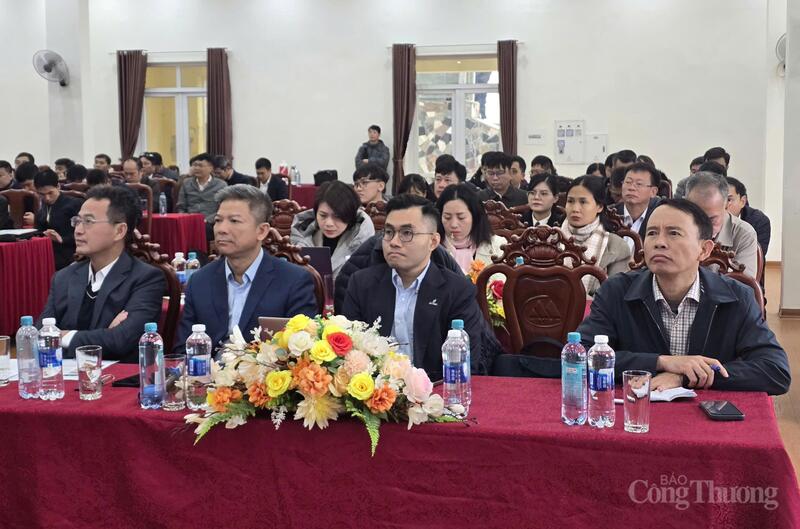
Delegates attending the workshop
Speaking at the opening of the workshop, Ms. Do Phuong Dung said: The Law on Environmental Protection 2020 is a legal document of special importance, marking a strong shift in environmental management thinking from "pre-inspection" to "post-inspection", taking businesses and people as the center of environmental protection activities.
Since January 1, 2022, the Law on Environmental Protection has taken effect. After more than 3 years of implementation, the provisions of the Law and the system of sub-Law documents such as decrees and guiding circulars have gradually come into practice, contributing to improving management efficiency, reducing pollution and promoting sustainable development in the field of Industry and Trade.
However, in the implementation process, there are still some difficulties and problems with new regulations such as environmental impact assessment, environmental registration, industrial emission management, recycling, waste treatment, etc., overlaps, lack of uniformity of the legal system or incompatibility with the characteristics of enterprises, etc.
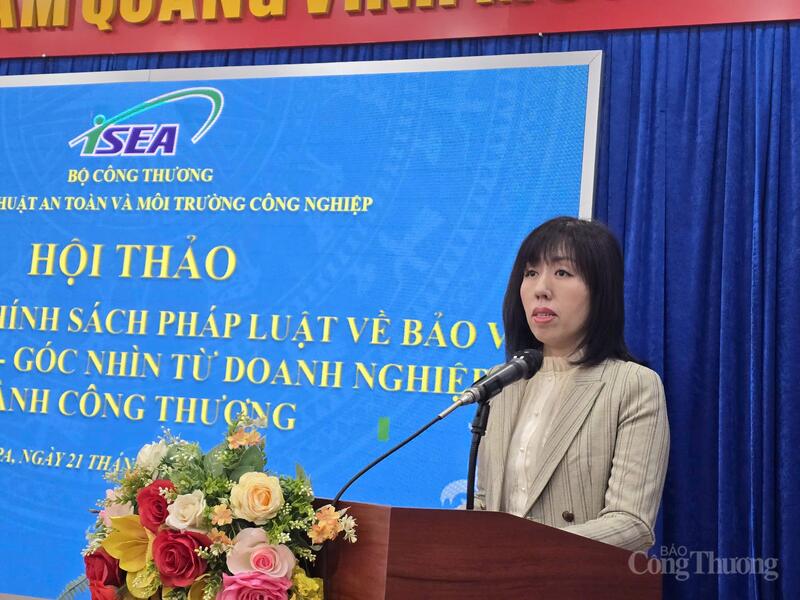
Deputy Director of the Department of Industrial Safety Techniques and Environment Do Phuong Dung delivered the opening speech at the workshop.
According to Ms. Do Phuong Dung, the workshop was organized with the goal of reviewing and objectively and comprehensively assessing the implementation of environmental protection laws in the field of Industry and Trade, thereby synthesizing opinions and proposals from the business community and experts to serve the process of researching, amending and perfecting the Law on Environmental Protection 2020 and guiding documents for implementation in the coming time.
“ Through the workshop, the Department of Industrial Safety Techniques and Environment hopes to receive frank, substantive and constructive comments from the business community. This will be an important basis for the Department to synthesize and advise the leaders of the Ministry of Industry and Trade and competent authorities in proposing amendments and supplements to legal regulations on environmental protection in a simple, transparent and feasible manner; both ensuring the goal of state management and facilitating production and business activities of enterprises in the industry and trade sector, ” Ms. Phuong Dung emphasized.
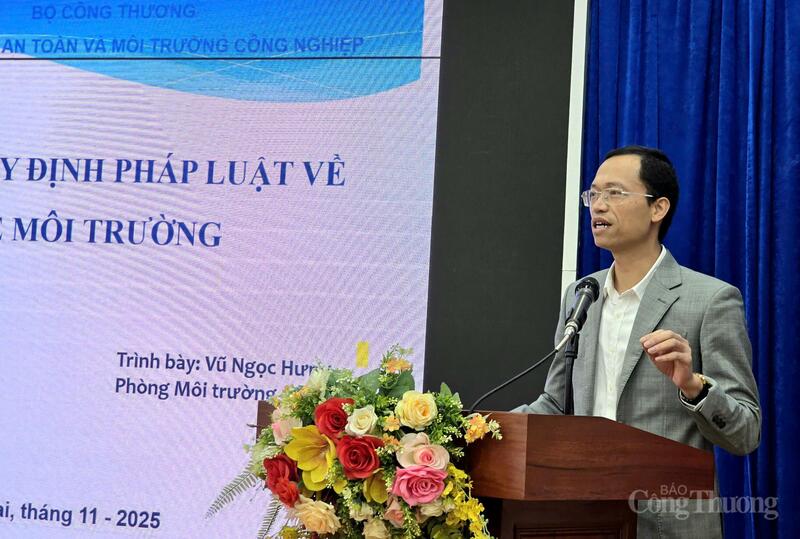
Mr. Vu Ngoc Hung - Deputy Head of the Department of Industry and Trade Environment - Department of Industrial Safety Techniques and Environment presented a paper at the workshop
Presenting a speech at the workshop, Mr. Nguyen Manh Chuyen, Deputy Head of the Environment Department - TKV shared: Immediately after the Law on Environmental Protection 2020 took effect, TKV proactively and synchronously deployed environmental protection tasks, considering this a pillar throughout production management. The entire Group implemented many solutions to "green" mines and factories, meeting the criteria of "Bright - Green - Clean", increasing resource savings, reducing emissions and adapting to climate change.
Accordingly, TKV has issued a Resolution and Action Program to strengthen leadership in environmental protection work for the period 2025 - 2030; develop environmental protection management regulations; "Bright - Green - Clean" environmental criteria, disaster response plans and many long-term projects such as: Environmental protection project for Quang Ninh coal area and TKV's climate change response plan.
“ Currently, TKV is managing 120 EIA reports and 66 environmental licenses, while investing heavily in waste and emissions treatment and environmental restoration, as well as proactively implementing greenhouse gas inventories according to Government regulations, and strengthening response to natural disasters and environmental incidents, ” said Mr. Nguyen Manh Chuyen.
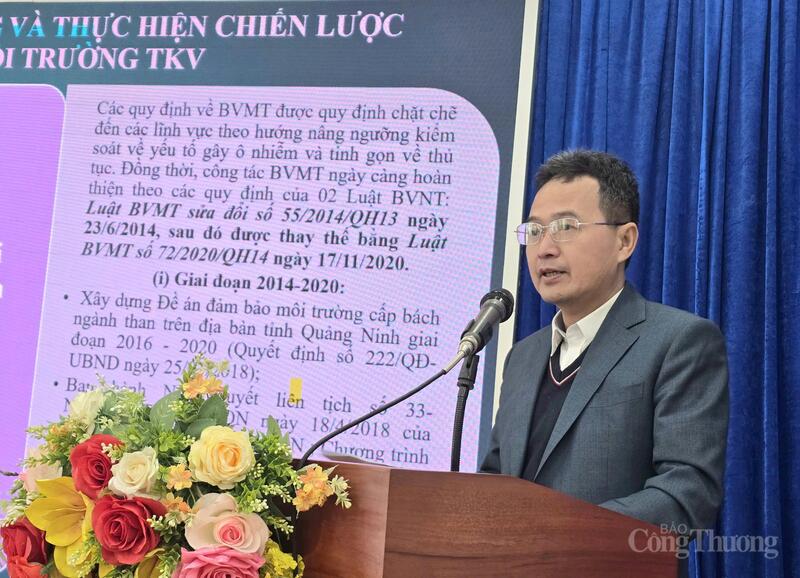
Mr. Nguyen Manh Chuyen - Deputy Head of TKV Environment Department
According to the representative of Vinachem Group, Mr. Nguyen Van Dat - Technical Department Specialist, said that the total cost for environmental protection work in the period of 2016-2021 of Vinachem reached 333,285 million VND, while the period of 2022-2024 is 317,935 million VND, of which 300,136 million VND is regular cost and 17,799 million VND is cost of carrying out procedures to apply for Environmental License.
According to Vinachem, the group currently operates more than 30 production facilities in the fields of fertilizers, basic chemicals, rubber, batteries, apatite ore... with large-scale emissions, potential risks of fire and explosion and chemical leakage incidents; labor force; locations of production plants of the units, spread across many localities in the country, there are factories located in concentrated industrial parks (DAP factory - Vinachem...) but there are also factories existing right next to densely populated residential areas (Lam Thao Super Phosphate & Chemical Factory, DAP2 factory - Lao Cai...).
" Because of the above factors, environmental protection, ensuring environmental safety for chemical factories, and preventing chemical leakage incidents are of special concern to the Group's leaders and member units " - said a Vinachem representative.
Voice from business
Despite many achievements, the implementation of the Law on Environmental Protection 2020 still poses a number of major problems. Mr. Nguyen Manh Chuyen said that currently, Article 140 of the Law and Article 130 of Decree 08/2022/ND-CP have not provided detailed instructions on the types of incidents requiring insurance, minimum insurance levels and damage assessment agencies, causing difficulties for businesses.
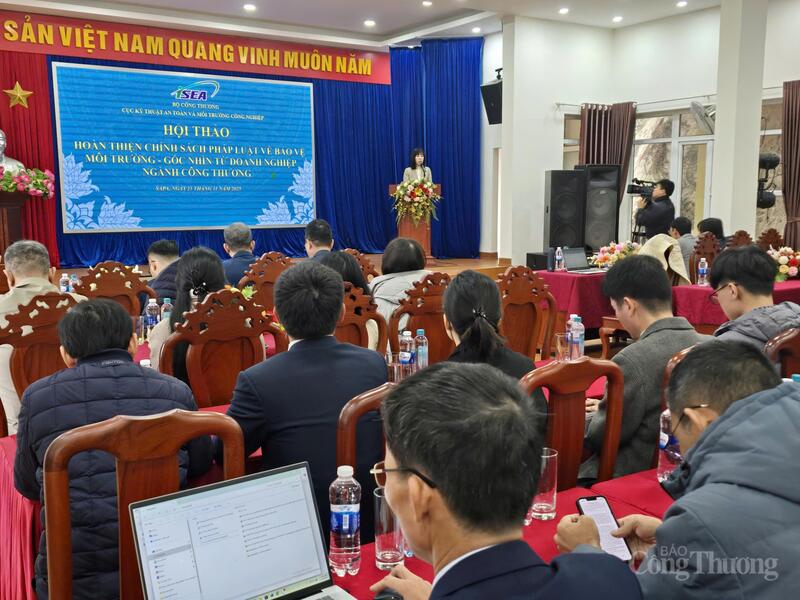
Overview of the workshop
In addition, many projects only lease land for short-term periods, requiring the Environmental License to be re-applied every year, increasing the procedures and affecting the environmental protection plan; The requirement to place the equipment on the chimney body causes technical difficulties, while placing it on the horizontal chimney still ensures accuracy.
“ In particular, there is a lack of regulations on financial and technical support, methods for calculating additional costs, technological standards, and testing processes for burning biomass/ammonia; conversion technology is still in the testing phase, with high costs and high risks, ” said Mr. Chuyen.
Sharing at the workshop, Mr. Nguyen Van Dat said that according to regulations, the recycling rate (Fs) in Circular 07/2025/TT-TNMT is currently set at too high a level, increasing product costs and causing difficulties for lead battery and tire production units under the Group. In fact, these two product groups already have very high collection rates and recycling values, even before applying EPR, recyclers still make a profit even though they have to pay for collection.
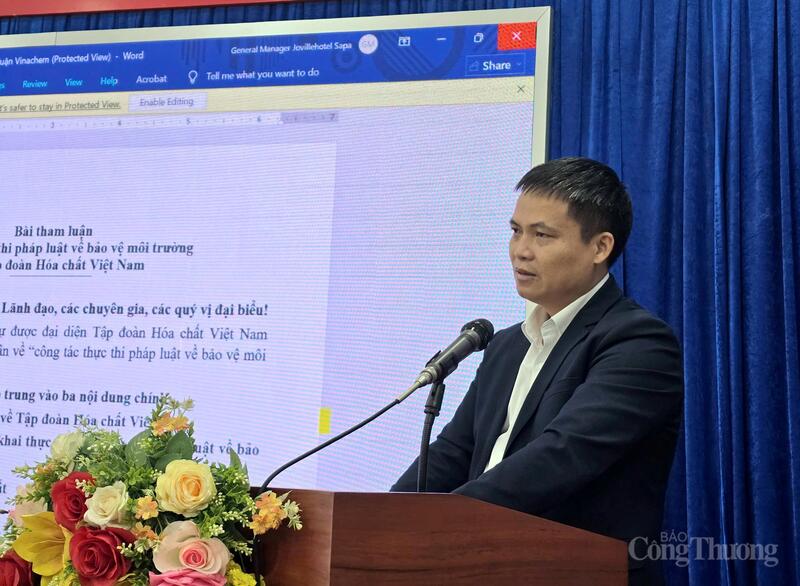
Mr. Nguyen Van Dat - Technical Specialist, Vinachem
Vinachem recommends that the State should have preferential tax policies to encourage the processing of PG gypsum waste into cement production additives, contributing to reducing the risk of pollution. At the same time, consider adjusting the import tax on natural gypsum to 10% and applying 0% VAT for both input gypsum residue and output gypsum, in order to reduce the cost of domestic artificial gypsum products.
Vinachem also noted that maximum values in environmental technical standards and regulations (QCVN) need to be built on the basis of a full assessment of the impact on production and business conditions of each industry group and domestic environmental service capacity; at the same time, there must be a roadmap suitable to current socio-economic development conditions.
At the workshop, enterprises in industrial production shared the difficulties and challenges in implementing legal regulations on environmental protection, and shared experiences in implementing circular economy, waste recycling, and waste management.
Source: https://congthuong.vn/hoan-thien-chinh-sach-moi-truong-tieng-noi-tu-doanh-nghiep-nganh-cong-thuong-431442.html


![[Photo] Visit Hung Yen to admire the "wooden masterpiece" pagoda in the heart of the Northern Delta](/_next/image?url=https%3A%2F%2Fvphoto.vietnam.vn%2Fthumb%2F1200x675%2Fvietnam%2Fresource%2FIMAGE%2F2025%2F11%2F21%2F1763716446000_a1-bnd-8471-1769-jpg.webp&w=3840&q=75)
![[Photo] National Assembly Chairman Tran Thanh Man holds talks with President of the Senate of the Czech Republic Milos Vystrcil](/_next/image?url=https%3A%2F%2Fvphoto.vietnam.vn%2Fthumb%2F1200x675%2Fvietnam%2Fresource%2FIMAGE%2F2025%2F11%2F21%2F1763715853195_ndo_br_bnd-6440-jpg.webp&w=3840&q=75)




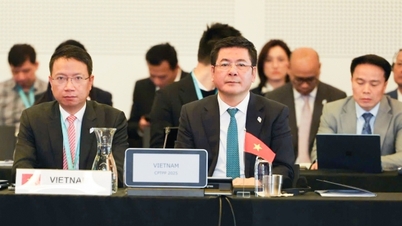
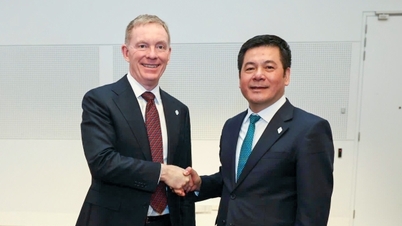
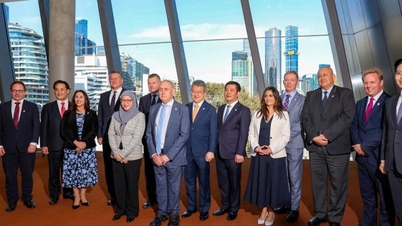
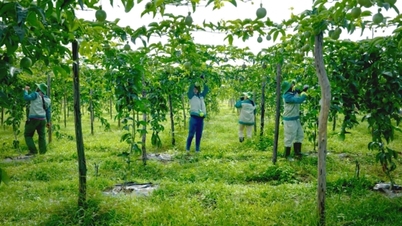
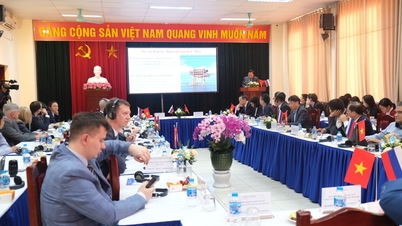
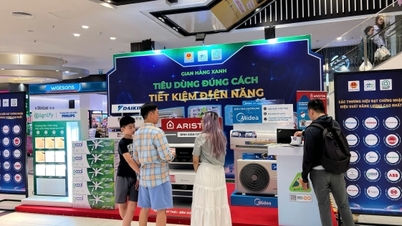
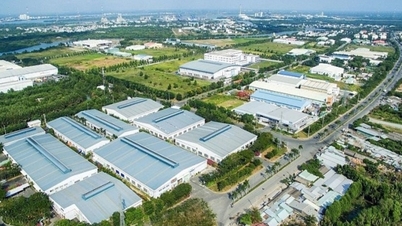

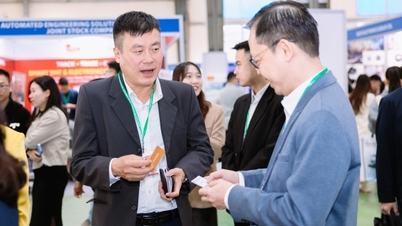
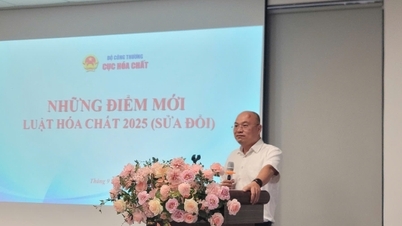


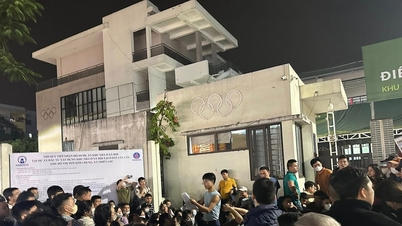




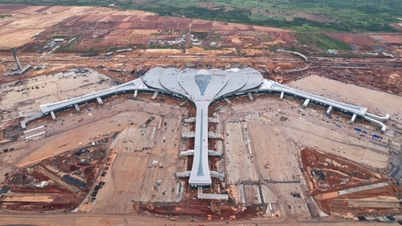
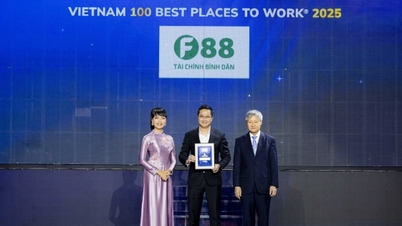
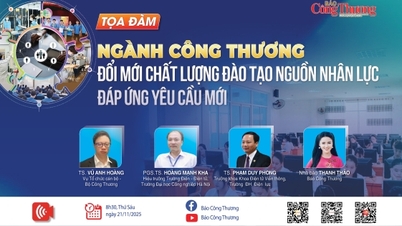
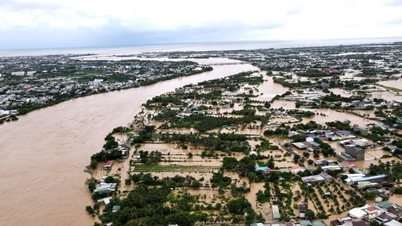
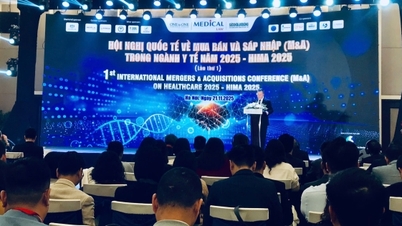











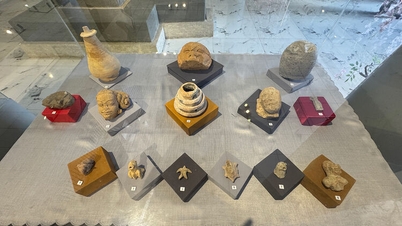












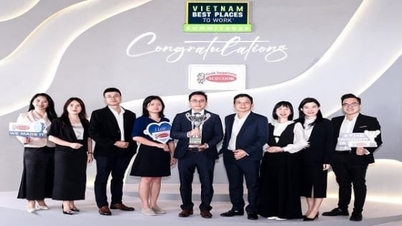






















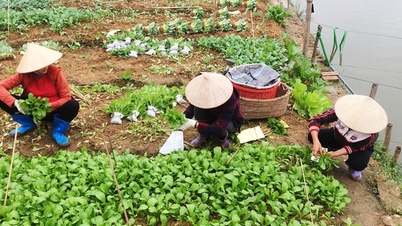

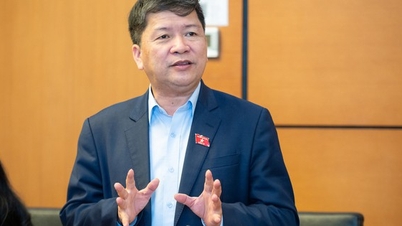

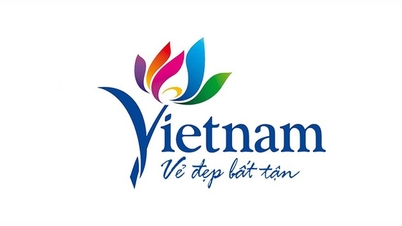
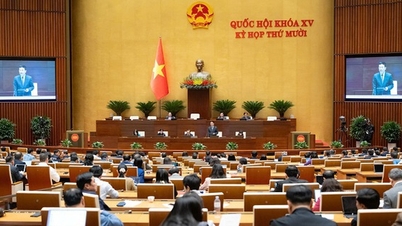

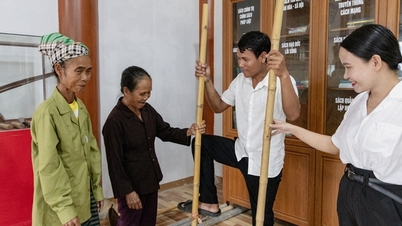
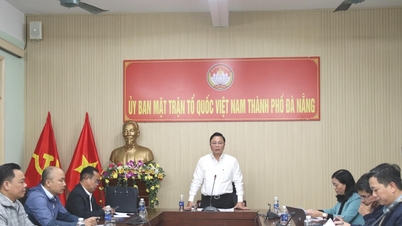



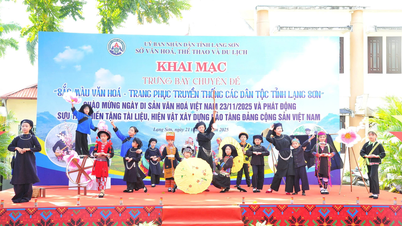

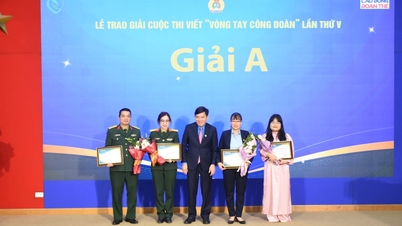

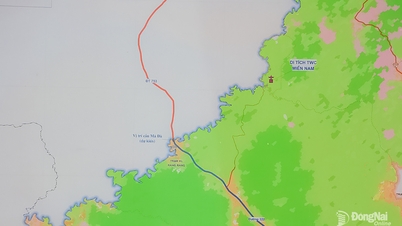

















Comment (0)